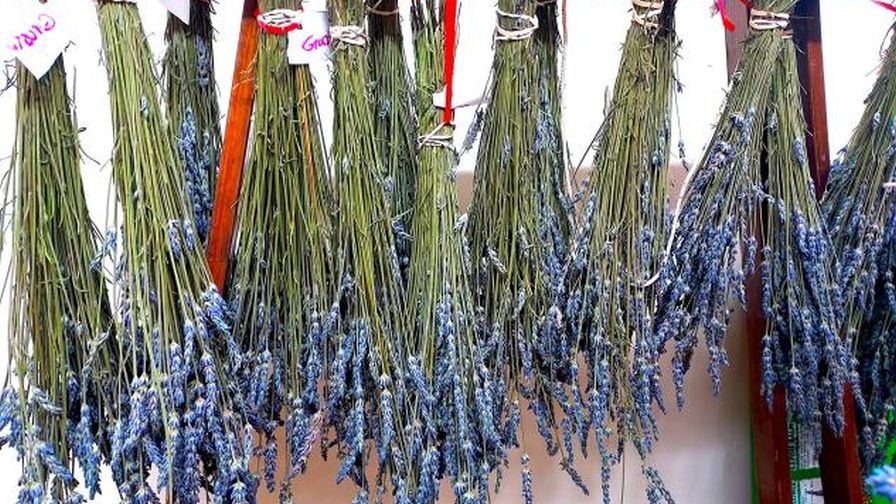How the Horticulture Industry Compares to Other Small Businesses in COVID-19 Recovery
It’s a mixed bag for U.S. small businesses are on the road to recovery from the financial losses experienced during the COVID-19 pandemic, according to a new report by Intuit QuickBooks. The report, Intuit QuickBooks Small Business Recovery, uncovers the varied impact the pandemic has had on small businesses across different industries and geographies since March 2020, when COVID-19 caused many business owners to temporarily shut their doors.
COVID-19 has had a significant impact on the financial health of American small businesses. In fact, small businesses lost $4.6 billion in monthly revenue in April 2020 alone compared with their pre-pandemic revenue, according to the report. However, small businesses have proved to be resilient. As of March 31, 2021, 61% of industries saw annual revenue increase compared to before the pandemic, following a largely sustained recovery since April 2020.
“No one was immune to the challenging circumstances that COVID-19 presented this year,” says Alex Chriss, Executive Vice President and General Manager, Intuit QuickBooks. “Despite these challenges, our data shows that small businesses are on a path to recovery, demonstrating the resilience and tenacity that small businesses embody for all of us. The spirit of resilience and recovery is evident across the entire QuickBooks platform, and Intuit is committed to helping businesses learn new ways to grow and thrive in the future.”
On a positive note, the garden and building materials industry did very well in the pandemic, the No. 4 top performing industry overall, averaging 10% annual revenue increases per business more in the U.S. over the year prior.
Other highlights from the report include:
- COVID’s impact on small business revenue was most severe in April 2020 when revenue dropped by 22% nationwide — equivalent to $4.6 billion during that month alone compared to before the pandemic.
- In general, businesses in high-density, urban areas — especially on the East and West Coasts — experienced a greater negative financial impact than those in rural areas. Brooklyn, NY, and San Francisco, CA, were among the worst-hit cities.
- Some of the worst-hit businesses were in the recreation industry. Bowling alleys’ annual revenues are down by 33% — a drop of more than $250,000 per business — compared to before the pandemic.
- Home improvement and real estate businesses have been among the top performers over the past 12 months. At the end of March 2021, mortgage bankers’ annual revenues were up by 30% compared to their pre-pandemic level — an increase of $147,000 per business.
Learn more here.









